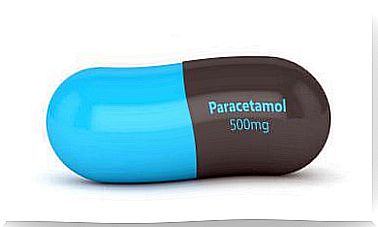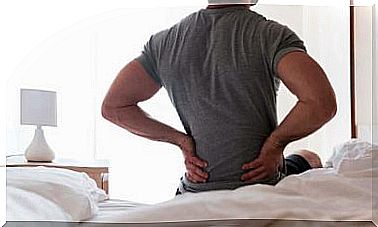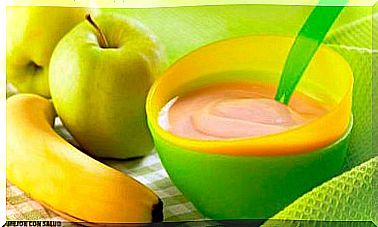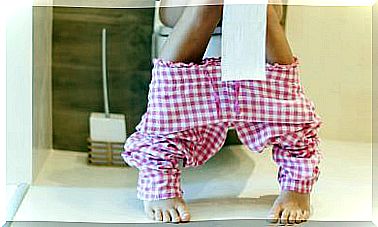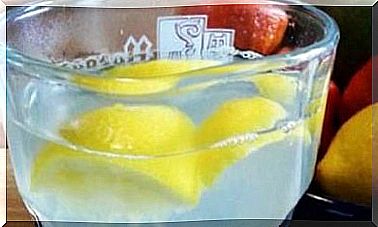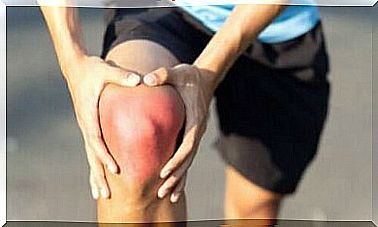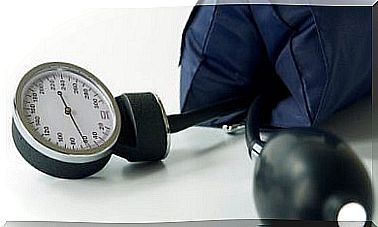Colitis: 8 Foods Every Patient Should Avoid
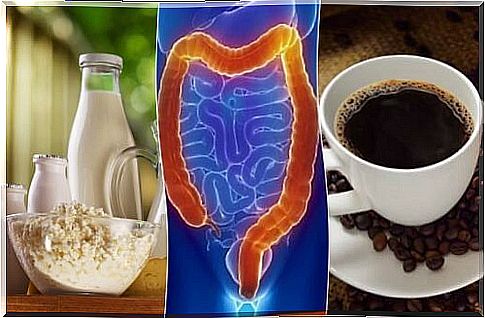
Colitis is a digestive disease caused by inflammation of the large intestine due to food poisoning or parasitic infection.
In fact, only a small number of cases are related to circulatory difficulties, inflammatory diseases and radiation treatments. Many people tend to confuse it with common diarrhea episodes, as this is one of the main symptoms.
However, during colitis, diarrhea is more severe, often accompanied by swelling, abdominal pain, and fever. In addition, unlike other digestive problems, it usually presents itself recurrently for a longer period of time.
Because of this, it is essential to know more about the disease and, in this regard, to be clear about the foods that can aggravate its symptoms. Today we want to share the top 8 foods so you can start limiting your consumption right now.
Find out what they are!
1. Fried foods and fatty foods are not recommended for colitis
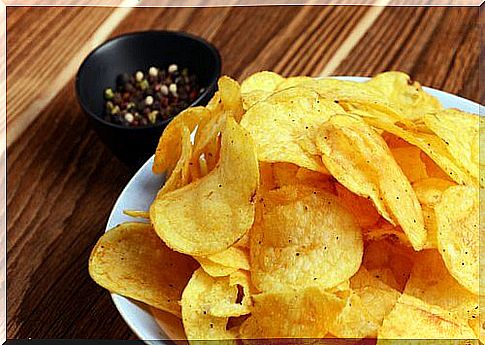
Fried foods and foods with high levels of fatty materials can make colitis symptoms worse because they make digestion difficult and increase the level of inflammation.
- Its excessive consumption increases intestinal contractions and attacks of pain and diarrhea in those who suffer from this disease.
2. Whole grains and seeds
Although it is recommended to use fiber to help with good digestion, patients with colitis should avoid those that come from foods such as whole grains and seeds.
These increase the production of gas in the intestine and, consequently, influence the appearance of swelling and pain.
3. Coffee and tea

Patients diagnosed with colitis should avoid as much as possible beverages containing caffeine, including coffee and tea, as this substance increases the level of inflammation in the colon, and affects the processes that take care of eliminating waste from the body.
- Maintaining your consumption can worsen cramps and irritation related to this disorder.
- Furthermore, since caffeine tends to accumulate in the body, it influences processes that eliminate toxins.
4. Milk and dairy products
Whole milk and dairy products are the number one enemies of patients battling colitis.
- This is not only due to its high fat content, but also its lactose content .
- Although not everyone has lactose intolerance, it is best to reduce their consumption as much as possible to avoid future problems related to the colon.
5. Processed meats
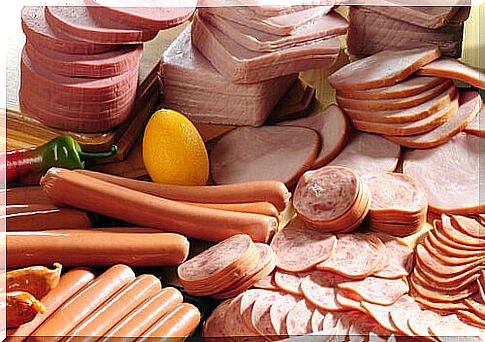
Sausage meats not only have high levels of fat, but also sodium and artificial additives that increase gut irritation. Its regular consumption causes difficulties at the digestive level and increases the presence of toxins in the colon.
As if that were not enough, due to the components that compose them, they also influence the individual’s tendency to have obesity and inflammatory diseases.
6. Margarine
Margarine and butter are foods that definitely should not be on the diet for people with colitis.
- They contain excess trans fat and hydrogenated oils that, when assimilated by the body, worsen inflammation in the intestine.
- Furthermore, they also stimulate the production of substances that increase irritation and pain.
7. Refined flours
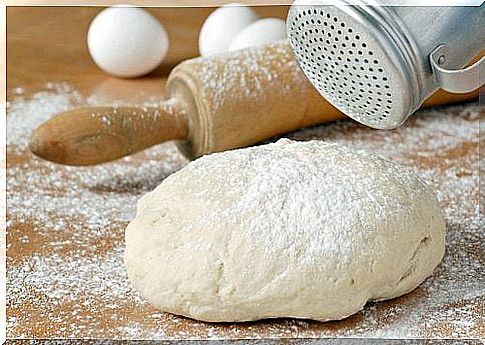
Refined flours are inflammatory foods that can increase the severity of symptoms in patients with intestinal problems. This variety of foods is subjected to industrial processes in which a large amount of its properties and nutrients are lost.
As a result, its digestion becomes more difficult and, in some people, it can trigger allergic reactions. The most worrying thing is that flours are present in many foods that are frequently consumed and, therefore, it is difficult to avoid them completely.
8. Carbonated and alcoholic beverages
Alcoholic and carbonated drinks are quite uncomfortable for colitis sufferers, and have digestive difficulties.
- Its content of refined sugars, in addition to carbon dioxide and coloring, increases acidity and inflammation.
- And they are also responsible for symptoms such as gas, pain and diarrhea.
In conclusion, due to the digestive complications that can occur due to colitis, it is best to try to reduce as much as possible the intake of all these foods. Although many are part of the regular diet, the most convenient is to look for healthy alternatives to facilitate the control of this disease.
